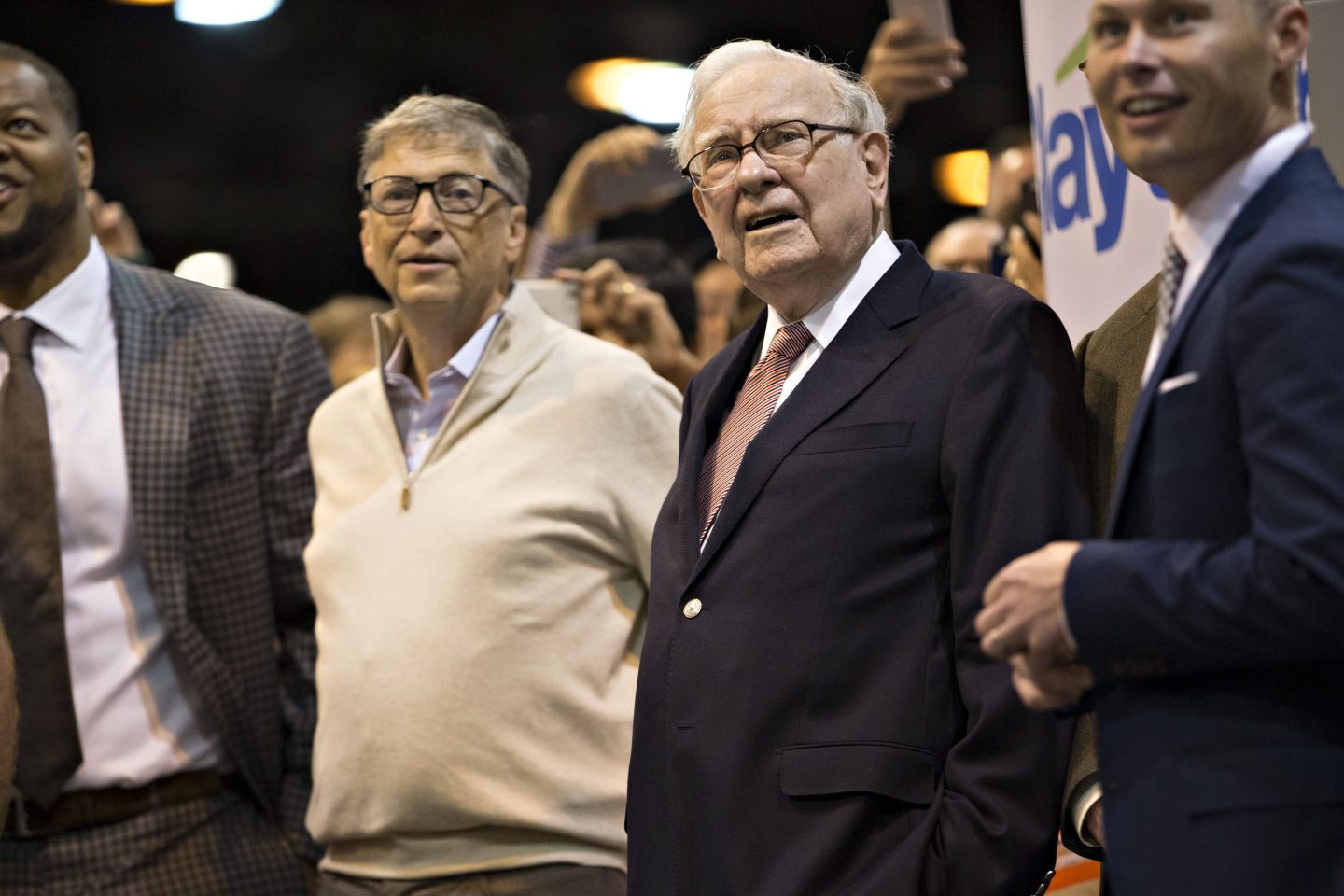
As the Olympic flame is carried closer and closer to its 17-day perch inside the cauldron at London’s Olympic Stadium — ”cauldron,” what a great word, with its echo of medieval castles, kings, magic and sorcery it’s just perfect for an Olympics in England — we wait to see who the final runner into the stadium will be, and who has been chosen to light the flame and represent Great Britain in front of a global audience of over a billion people (for the record, my money has been on Sir Roger Bannister since the day London won the Games, and apparently the London bookies are finally beginning to see it my way). And we watch. Much of the pre-Olympic coverage about NBCUniversal (CMCSA) by the media has been about the tonnage of programming that will be pumped out over the air. It’s a staggering amount: 5,535 hours of video via NBC, the NBCU cable networks, and over the web onto mobile phones and tablet; a rise of over 3,156% compared to the 170 hours that were produced and delivered for the 1996 Atlanta Games. (Yeah, you read that right: 3,156%. And it’s not like anyone felt the Atlanta Games were under-covered.)
But what I’ve been thinking about over the past couple of days, as I’ve talked (briefly) and emailed or txt msg’d (usually just a graph) with Comcast/NBCU Sports staffers, is the amount of adrenaline and emotion that is pumping through the veins of the NBC production, programming and engineering teams.
For the athletes, the Olympics is really about individual achievement — now that the Cold War is over, the medal standings are a meaningless gimmick — but for the broadcast group the Olympics is a team effort driven by emotion.
MORE: The price you pay for an Olympic-caliber career
And it’s a strange sort of emotion because your mind, both consciously and subconsciously, has been planning for these 17 days for at least two years.
Remember the most important job interview you ever had? Now imagine you had three years to prepare for it, and there was a countdown clock on your bedroom ceiling that you stared at every night.
On February 13, 2012 if you had asked an NBC Olympics staffer what they were thinking about, they might have told you, “I need to get my husband something for Valentines Day,” but deep down they actually would be thinking: “There’s only 165 more days before the London Games.” (Honest.)
And that’s not just because they keep countdown calendars hanging around the office. It’s just that when you work on the Olympics you quickly learn to count backwards in base 365. (Later on in life, as you look back at your career, if you’ve done multiple Games you count in base 730.)
In many ways it’s a more intense experience than playing on a national championship sports team, because sports teams aren’t certain that they’ll be playing for the championship until they get there. They don’t feel the ultimate pressure gnawing at them a year and a half in advance. For sports teams the experience is intense, but it’s quick—”We win this game and we go to the Super Bowl!”—it’s one big shot of adrenaline (adrenaline, adrenaline, adrenaline, hit something). But for an Olympic staffer, it’s a slow drip.
And then the Games start.
And then the unexpected happens.
MORE: How Heathrow became Hell on Earth
Mostly it happens between the lines on the field of play, but inevitably something happens outside them—like a moment of silence that isn’t allowed (or, worse, the one thing no one really wants to think about, the ultimate moment of silence, like ‘72). Then you’re “covering” the Games, but you’re also “producing” and packaging them, too—it’s a multibillion conflict of interest, but that’s how the game of the Games is played when you’re on the broadcast team. So, as the expected stars perform, and as some new stars get discovered (or sometimes manufactured), and as the inevitable controversies erupt…the whole time you’re hoping your adrenaline helps you make the right decisions, technically and editorially.
That’s what everyone at NBC is thinking about right now.
That’s life in the Olympic cauldron.
Douglas Alden Warshaw is a contributing writer for Coins2Day covering media and entertainment. He’s been a producer at ABC News, ABC Sports, ESPN and NBC Sports & Olympics.












